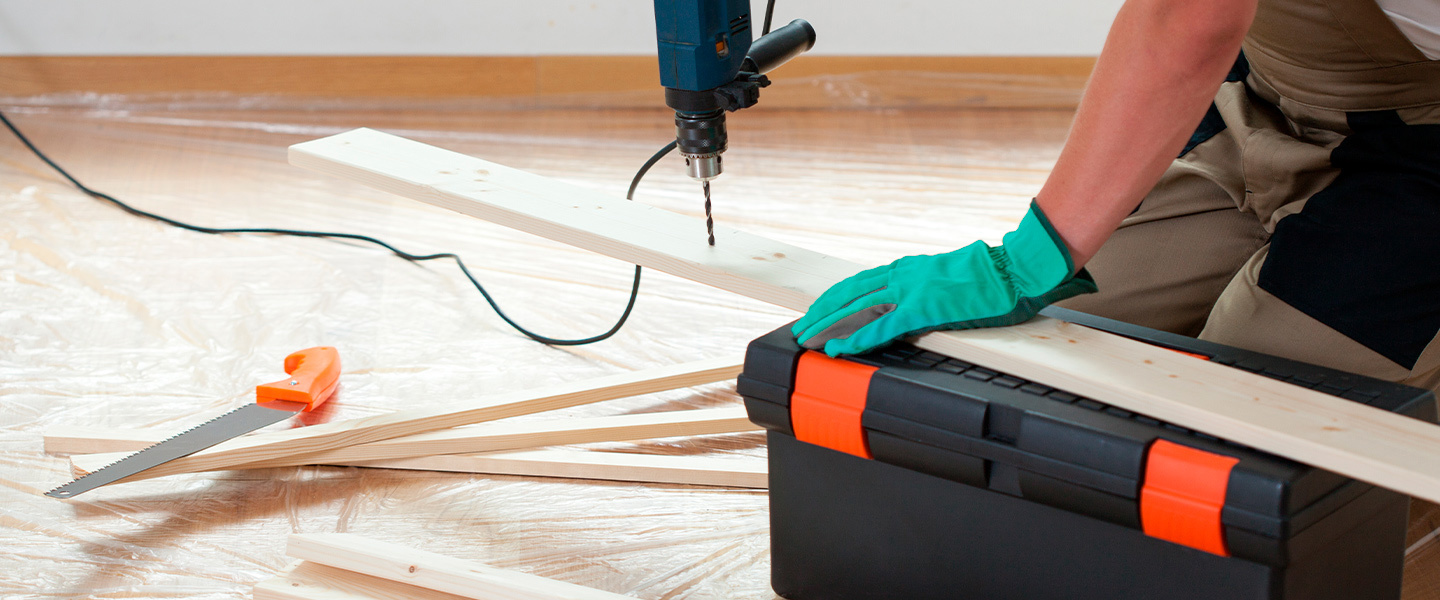
Renovating your home


You're ready to renovate. Whatever the improvements you make to your home, let your insurer know.
Reviewing your coverage
To offer you the coverage best adapted to your situation, your insurer takes several of your home's features into account. And if one of them is modified following a renovation, your insurer must update your file.
For example, if by misfortune, you were the victim of a fire, you would want your home to be rebuilt as it was before the fire. You would want any features that were added or improved after the last renovations to be taken into account. That's why it's always important to have insurance coverage that reflects the real value of your home and its contents.
Your premium may decrease
If your renovations add value to your home, your insurance premiums could well increase. However, certain types of renovations may actually reduce your premiums.
For example, upgrading your plumbing or reshingling your roof reduces the risk of water damage. Just as a new electrical system reduces the risk of fire if, for example, you converted from oil-based heating to electric heating.
Your insurer will factor in these elements when calculating your premium.
Doing the renovations yourself?
Notify your insurer before the work begins and discuss your project so that he can adjust the coverage of your contract by taking into account your needs and the underwriting standards, for the duration of the project.
Depending on the extent and duration of the planned work, you may need to take additional protection (or endorsement) to cover your materials. In order to benefit from this protection, no contractor must direct your site.
For more details about construction insurance, consult your insurance agent or broker.
home insurance
premium


















